4 Mins Read
Christmas is just around the corner, and you might be planning a dinner party or ten (!) during this season of eating, drinking and being merry. While we often make a huge effort to organise and host a memorable soiree, many of us forget to think about ways to reduce our environmental impact during these gatherings. Here are 6 tips you should bear in mind before you head out to do all your food and grocery shopping for that Christmas get-together you have planned!
1. Get Your Groceries In Bulk & Packaging-Free
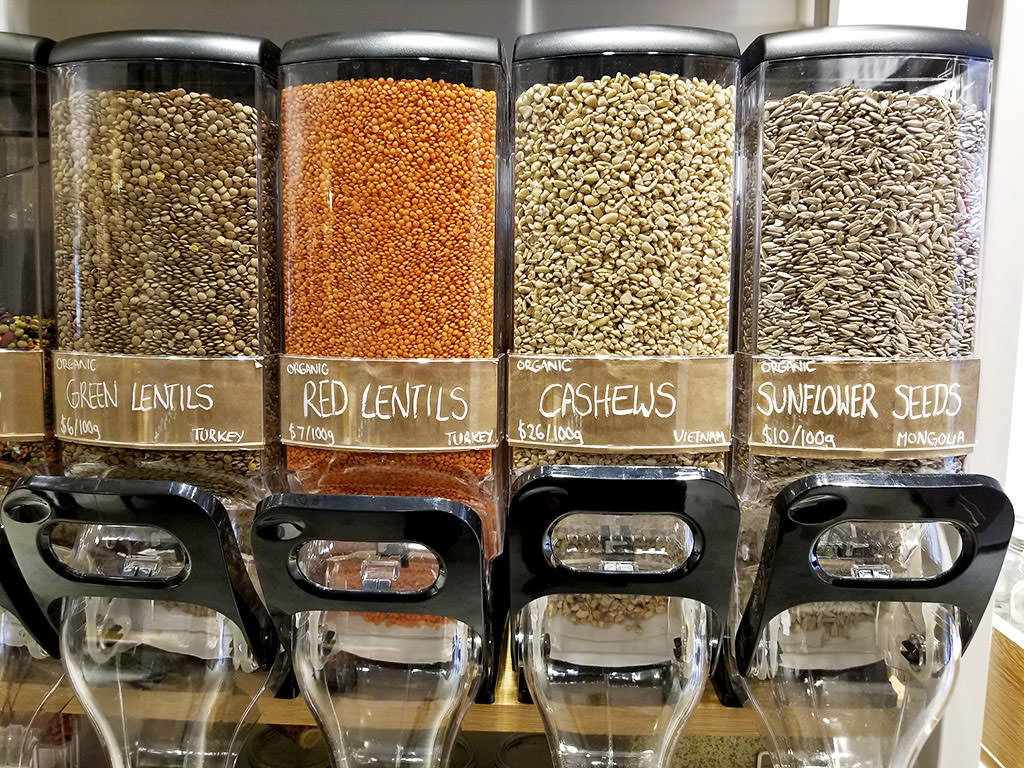
There are more zero-waste bulk food stores popping up around town, so there’s no excuse to keep buying all your ingredients for Christmas dinner from supermarkets! Bring out your reusable containers, jars and bags, and get weighing! From specialty spices and teas to staple foods like pasta, rice and beans, many bulk food stores have it all. We put together a bulk food store guide for Asia, so you can easily locate your nearest store to shop packaging-free. In Hong Kong? Here’s our guide to zero-waste food shopping in the city.
2. Buy Plant-Based
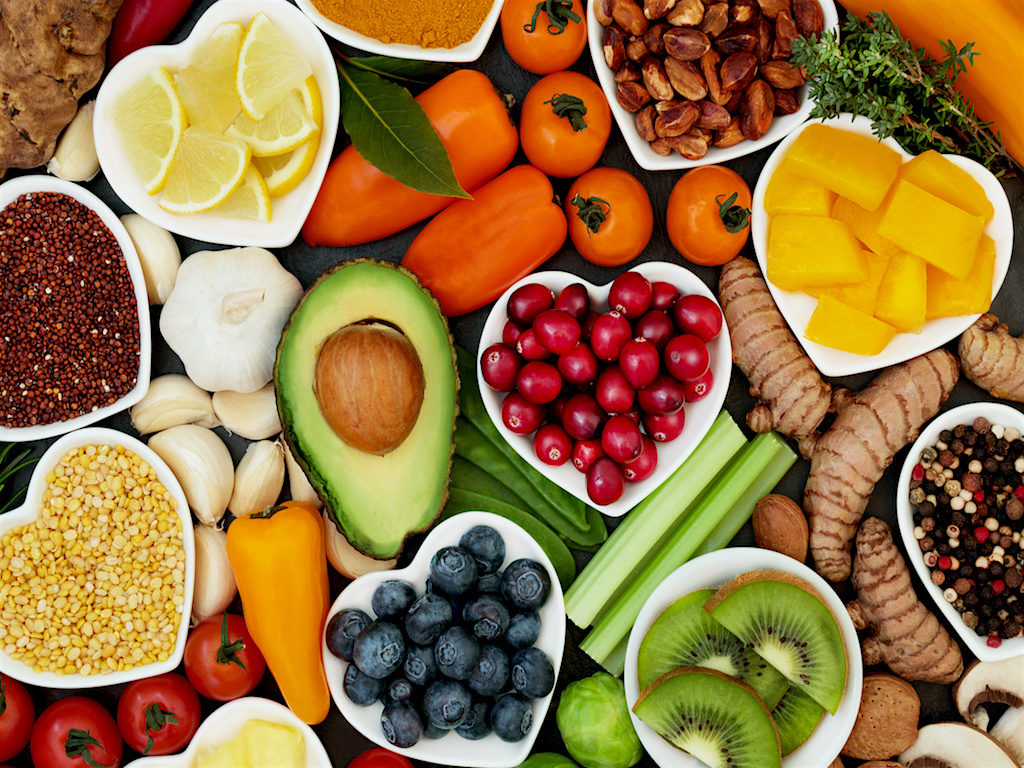
Reducing our consumption of meat and dairy has been touted the “single biggest way” to reduce our carbon footprint. You don’t have to ditch the fun when you ditch the meat, though! Check out all our plant-based Christmas dinner recipes – there is a vegan-friendly version of every festive favourite out there. If you’re unfamiliar with making some of these plant ingredients, local organic and health shops will come in handy. If you’re looking for plant milks to whip up some vegan desserts for instance, while many supermarkets will stock Tetra-paks, SpiceBox Organics offers cashew and almond milk that you can purchase using your own container. Planet score!
3. Buy From Local & Fresh Markets
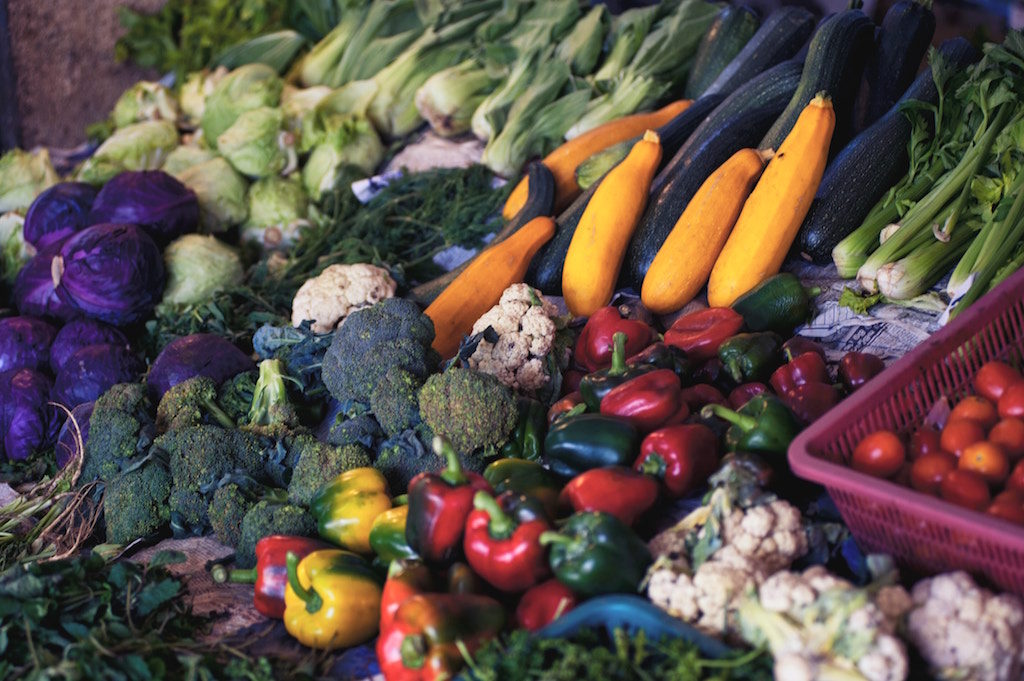
Hong Kong is home to so many wonderful wet markets. Make use of your local one to buy all your fresh, locally and regionally grown produce – all loose and packaging free. Over the festive season, you can expect many of them to stock up on Christmassy ingredients, such as sweet potatoes, Brussel sprouts, chestnuts and cinnamon. Just pick what you need and pay per gram – you aren’t confined to the serving that supermarkets decide for you. You might also want to incorporate Asian ingredients to give your dishes a special twist!
4. Think Before You Buy

Be realistic with how much food you will need. Just like how we should avoid over-ordering when we eat out at restaurants, the same should apply to our food shopping. Make sure you do your groceries with a list, and stick to it, so you won’t be adding in anything unnecessary to your basket, which might end up as waste.
5. Donate Your Leftovers
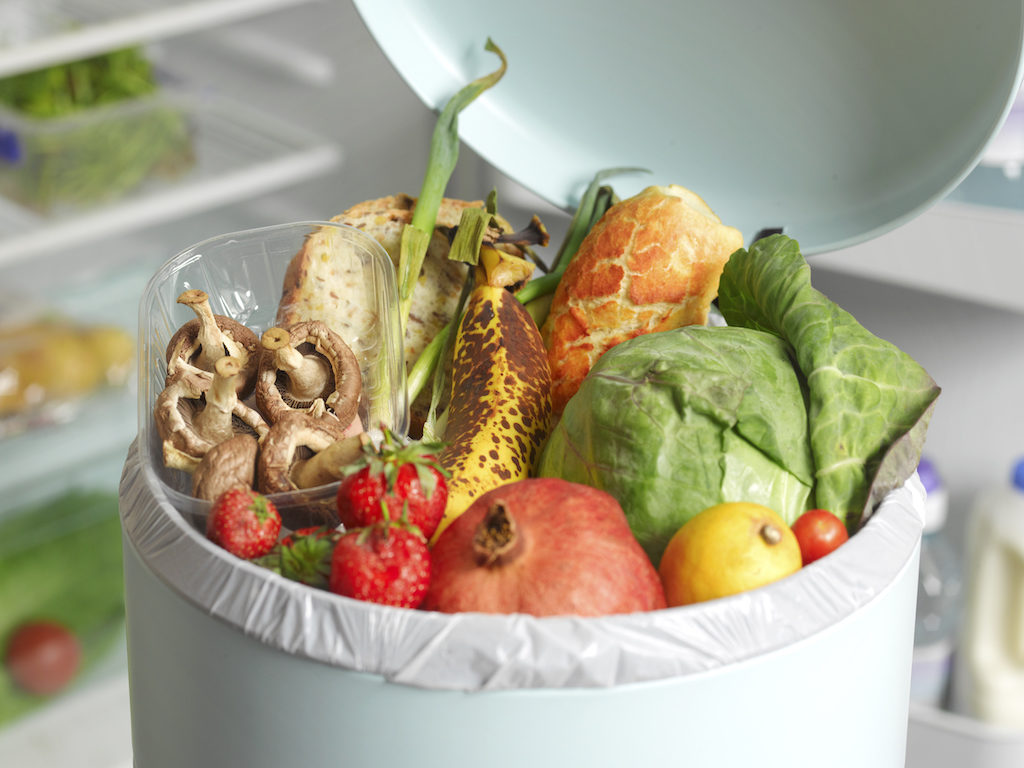
If you happen to still find yourself with tonnes of leftovers, please don’t bin them. Asia is already responsible for over half of the world’s food waste, so let’s not contribute any more to our crisis. While easily perishable dishes and foods might not be accepted by food banks, find out what some centres do take in, and donate them to make sure they won’t go to waste.
6. Share With Your Family, Friends & Neighbours
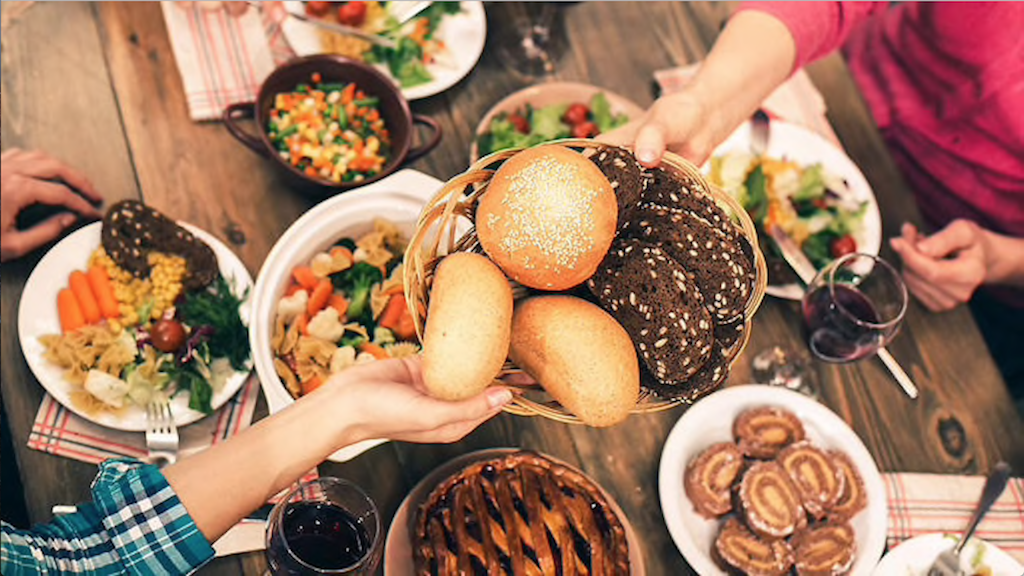
And for those items that food banks might not accept, share them with your family, friends and neighbours. Perhaps some of your guests can take food home to enjoy the next day using reusable food containers and jars, of course.
Lead image courtesy of Canva, all others courses Pexels.




